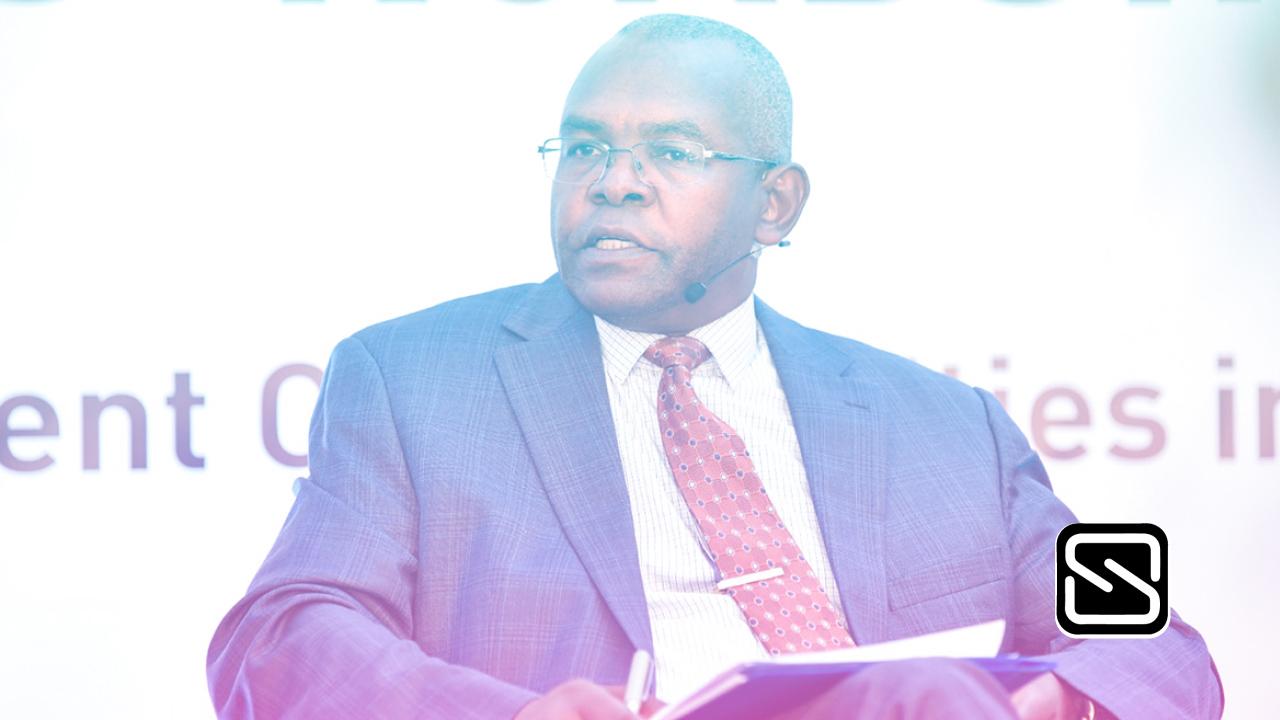Central Bank of Kenya Governor Clarifies Cryptocurrency Status: Legal Trade, Illegal Tender
Governor Kamau Thugge emphasized that the Central Bank of Kenya does not possess the authority to issue licenses or regulate cryptocurrency.
By Staff
Trade in cryptocurrency remains legal in Kenya as there are currently no regulatory frameworks in place to prohibit it, according to statements made by CBK Governor Kamau Thugge. However, it is important to note that cryptocurrency is still considered illegal tender within the country. Thugge clarified this stance while appearing before a parliamentary Ad hoc committee that was investigating the activities of Worldcoin. He emphasized that the Central Bank of Kenya does not possess the authority to issue licenses or regulate cryptocurrency.
Thugge stated, “To my knowledge, trade in cryptocurrency has not been made illegal in Kenya, and so the fact that there is trade in it is not itself illegal.” The primary concerns surrounding cryptocurrency in Kenya relate to potential risks such as money laundering and terrorism financing.
To safeguard Kenyan citizens from these vulnerabilities, Thugge revealed that the Central Bank has issued notices warning about the risks associated with trading in cryptocurrency. He mentioned that in 2015, when cryptocurrency gained prominence in the country, the CBK issued a public notice cautioning Kenyans about this new, legally undefined asset and its unknown owners. In the same year, the CBK also issued a circular to commercial banks, advising them to refrain from engaging in virtual asset activities. Additionally, in 2018, the CBK, along with other regulatory agencies, issued a notice urging Kenyans not to engage with financial products and services that lack proper licensing. It is important to note that the CBK has never granted licenses for cryptocurrency or Bitcoin.
Thugge, who was also representing Treasury Cabinet Secretary Njuguna Ndung’u, highlighted the steps taken to explore digital currency adoption in Kenya. While acknowledging that a CBK digital currency is not a current priority, he emphasized that Kenya’s existing payment systems, including Mpesa, are functioning effectively and promoting financial inclusion.
“We are cautious. We want to maximize opportunities while minimizing risks because this is an area that is rapidly changing so that we are not left behind on this technological progress and innovation,” explained Thugge. In 2022, the CBK issued a discussion paper seeking input on the potential applicability of a CBK digital currency in the country. The paper received responses from various stakeholders, including individuals, government bodies, commercial banks, payment and technology service providers, academia, the legal profession, and international development partners. Feedback indicated that a CBK digital currency could enhance efficiency and transparency while reducing costs. However, concerns were raised about the disintermediation of banks, high implementation costs, technology challenges, financial exclusion, and cyber threats.
In June 2023, a technical paper was published outlining cryptocurrency regulations and drawing lessons from global standards. It also proposed actions for consideration. Thugge noted that several jurisdictions had already implemented policies addressing cryptocurrency assets to mitigate financial risks, money laundering, and terrorism financing.
